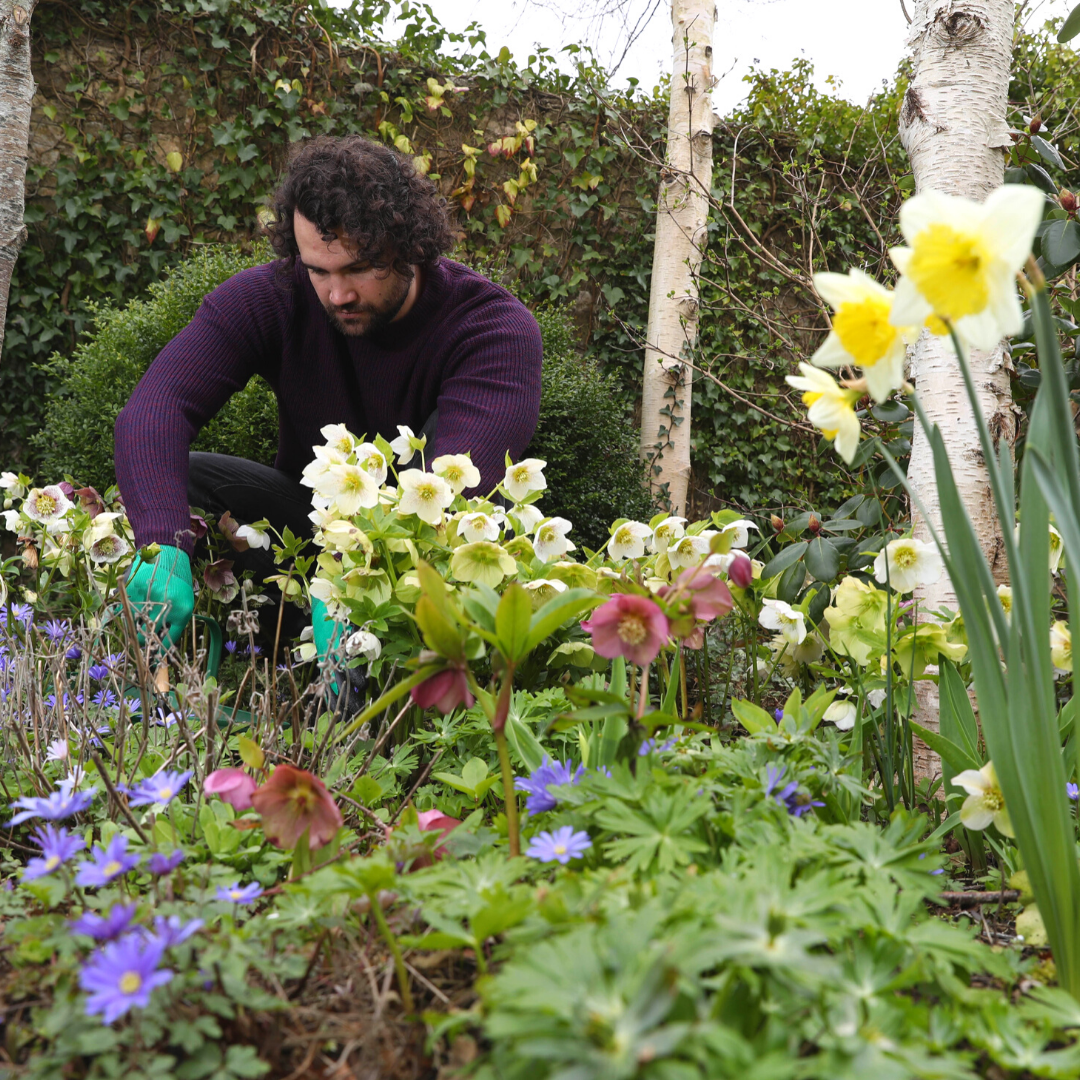What are the risks associated with pesticides?
The proper storage of pesticides can often be overlooked. We tend to think more about sorting the weeds out, rather than what we do with the pesticides before and after we’ve used them. But using, storing, and disposing of pesticides incorrectly can cause potential harm to ourselves and our environment.
Follow our guide to help you take the correct steps when storing pesticides to protect your children, pets, wildlife, watercourses, and yourself.
Pesticides could be harmful to you
If you’ve tried alternatives first and still choose to buy a pesticide, the most important thing is to handle it with care. You don’t want to cause harm to yourself or anyone around. Using them without full attention might result in you spilling the solution on your skin or breathing in the fumes.
Storing them in a safe place and disposing of them correctly is important too.
Check out our other blogs for all the information you’ll need on how to use, store and dispose of pesticides correctly.
*Top Tip* If you’re going to use a pesticide in your garden, always check the label for what PPE you might need. It’s a good idea to wear protective gloves and long sleeves.
2. Pesticides could impact the environment and water
There are lots of ways pesticides can enter the environment and our watercourses, like when they are over-applied or applied in the wrong weather conditions, or if your dog goes into the water for a paddle while wearing a flea collar. Not following proper instructions means that pesticides could enter watercourses. This could mean that Welsh Water has to use more chemicals and energy to get your drinking water perfect.
It’s always worth thinking about your local environment before using pesticides. When we use them sensibly and reduce our use for them, it lessens the risk of harming the environment. Happy days.
It’s always worth thinking about your local environment before using pesticides. The less we can rely on them and the more sensibly we use them, the less the risk of harming the environment. Happy days.
3. Pesticides can damage your garden
Not all pesticides will know the difference between unwanted weeds or your beloved hydrangeas. This means by simply spraying weed killer without being targeted to your problem area, you could harm other plants or even pollinators like bees and butterflies in the process.
Remember, it's important to keep the healthy balance of your garden's ecosystem, even the most well-tended garden can afford to have a few weeds here and there.
4. Pesticides can be harmful to pets
Pets won’t know the areas you’ve treated with pesticides, particularly if the grass has spots of weedkiller on it, so they’re at a greater risk. To avoid them eating the treated weeds or licking their coats which may have touched the pesticides, its best to keep your animals off the treated area for the time directed on the label. After all, the last thing you want is for your four-legged friend to end up at the vet.
So, what do you need to remember?
Read and follow the instructions really closely. Safe application, followed by storing and disposing of pesticides correctly, helps us to protect our families, wildlife and the environment.





